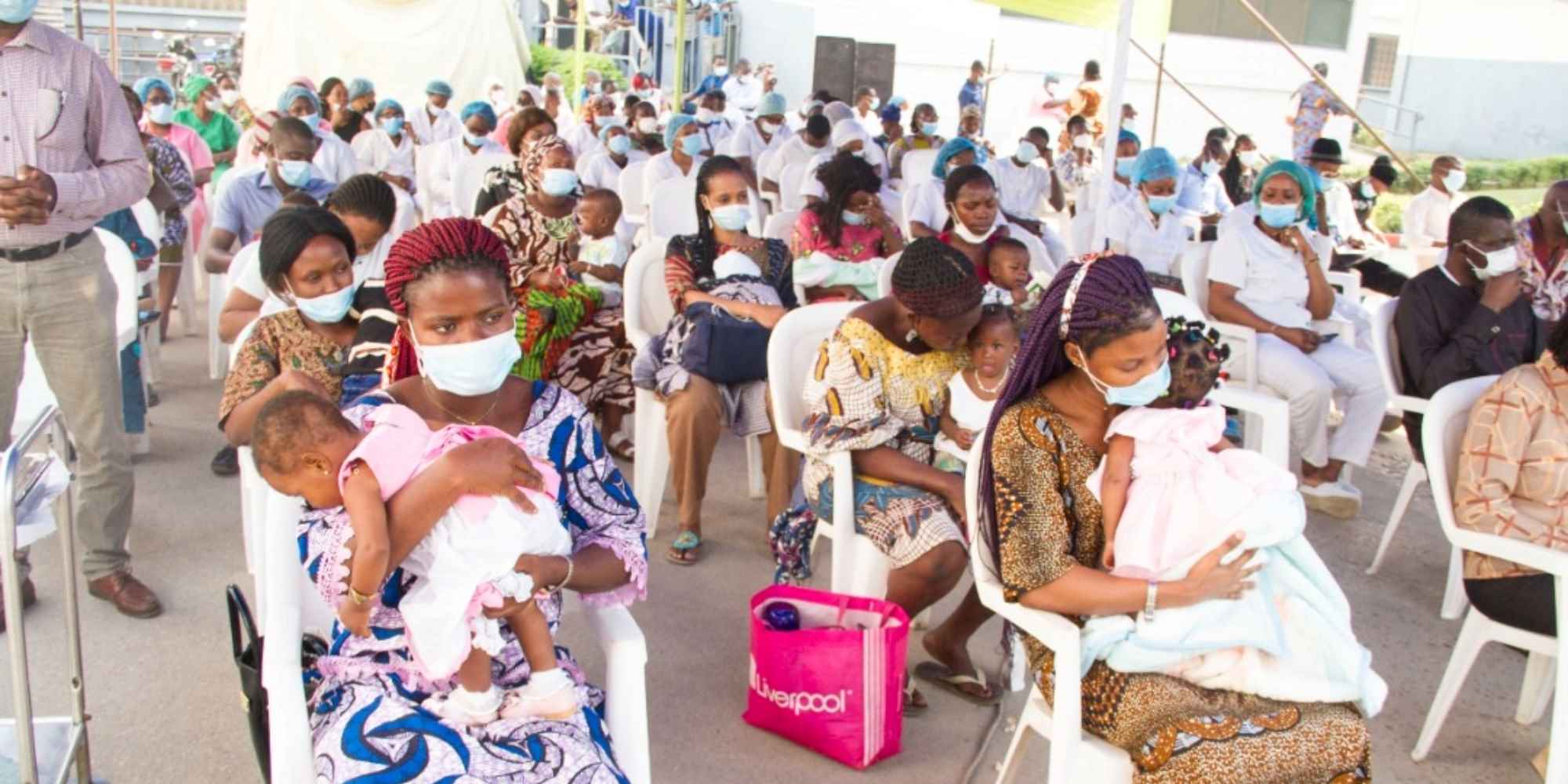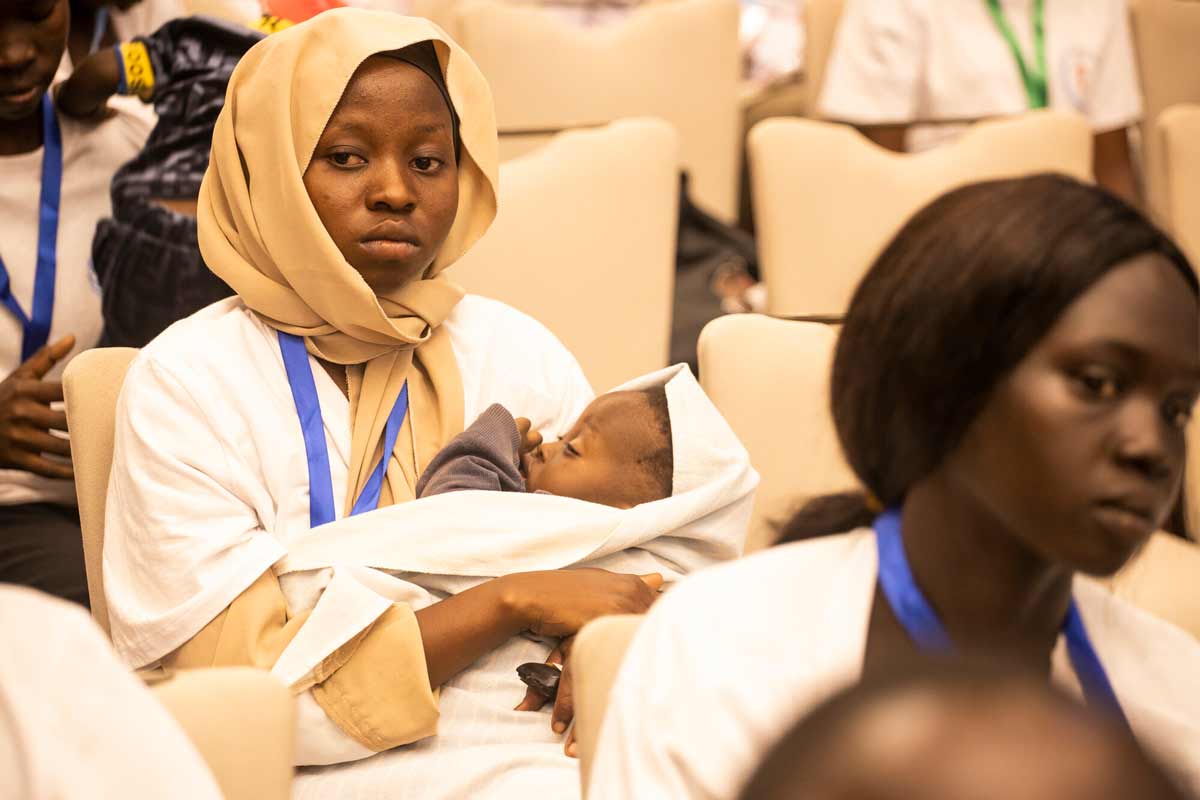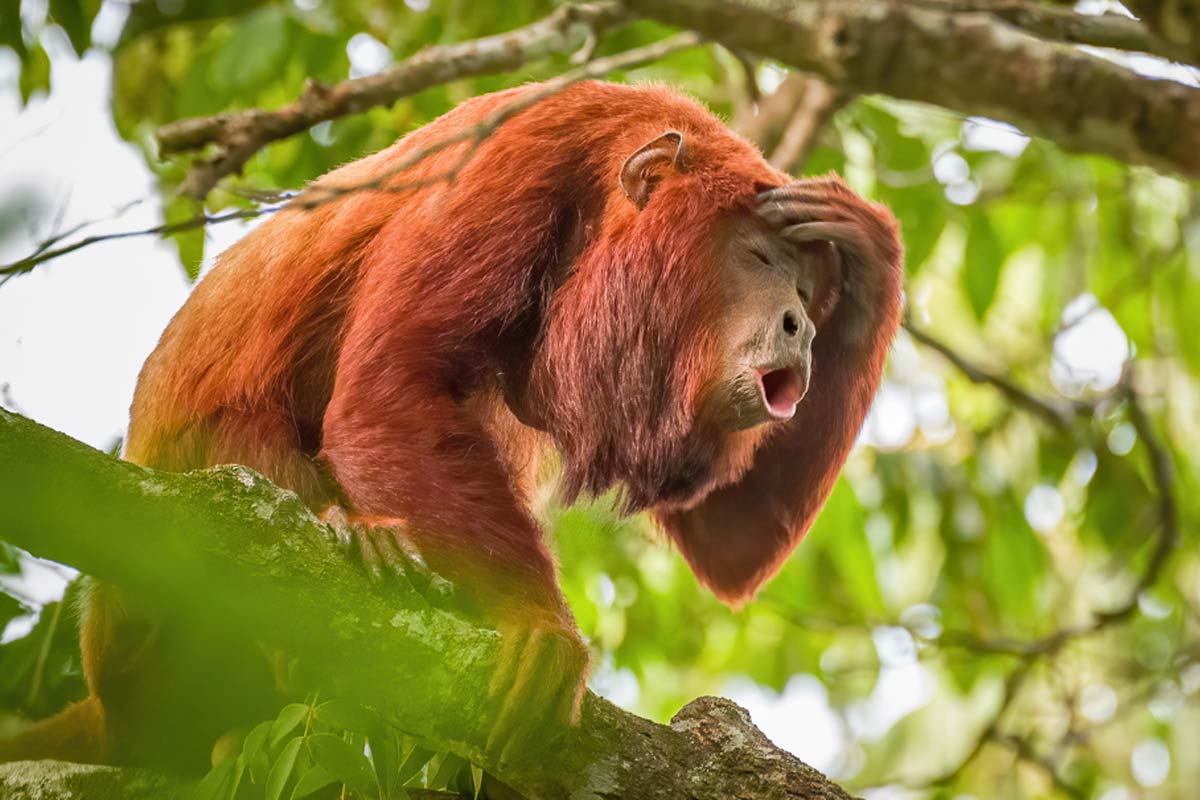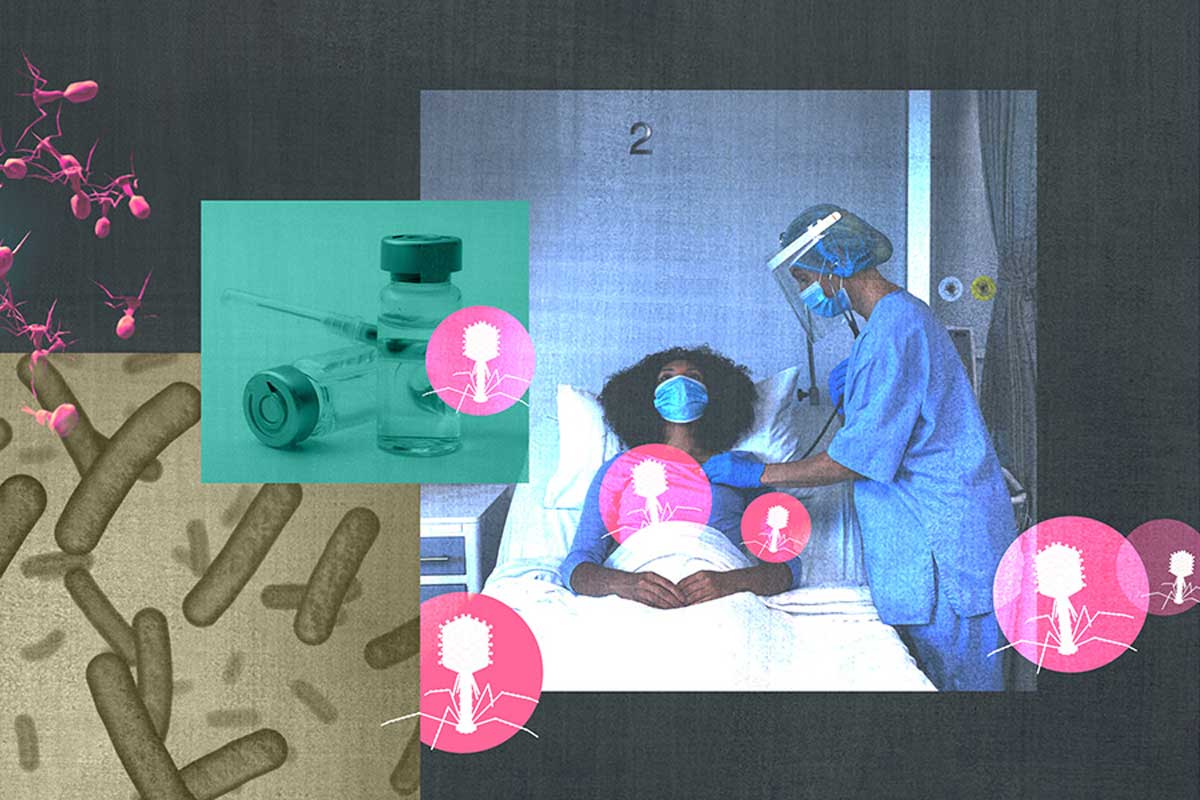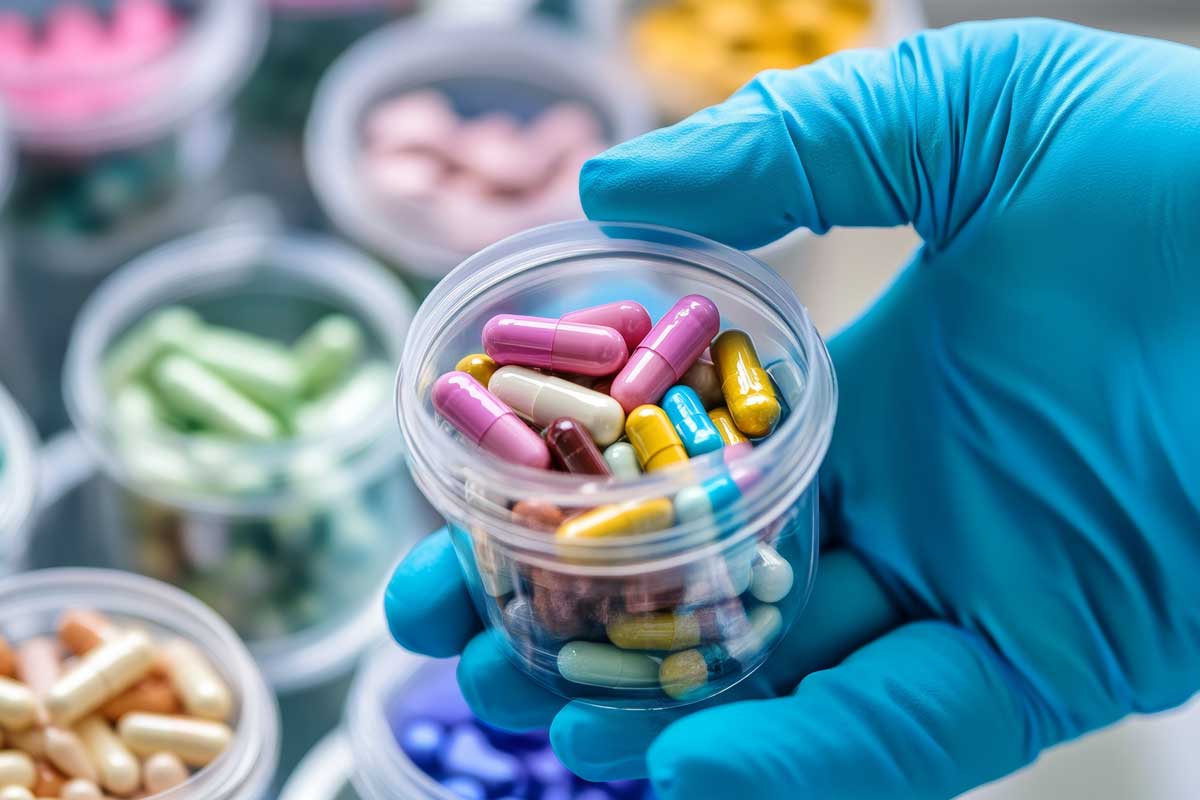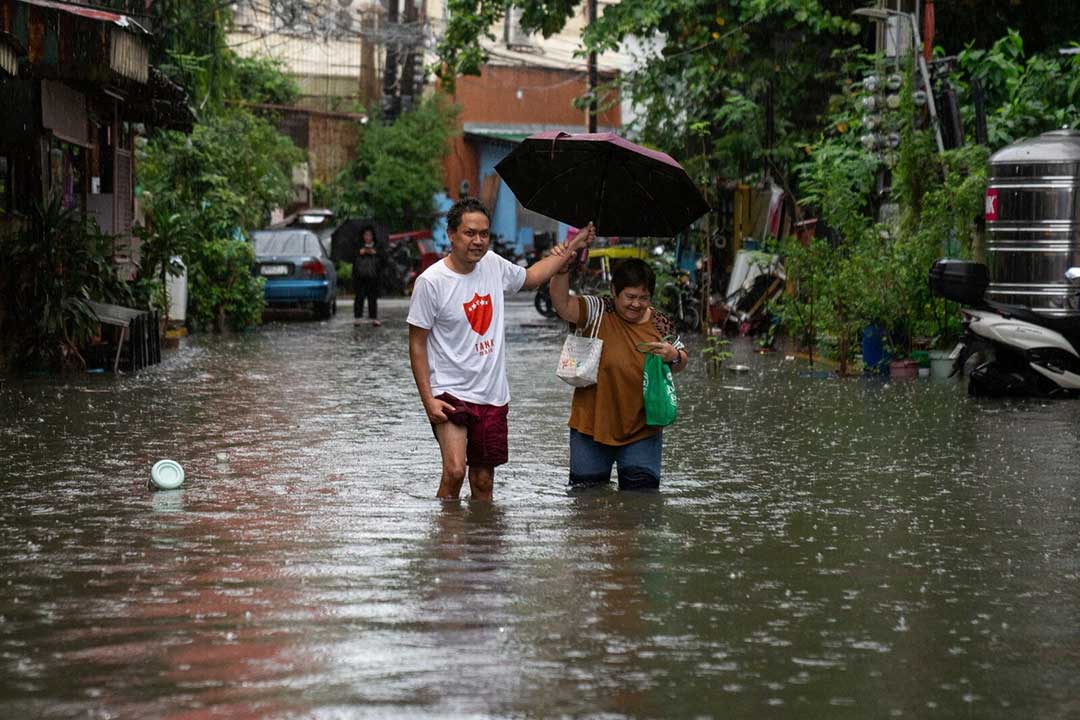Armed with vaccine, families in Benin take the fight to malaria
215,900 doses of malaria vaccine began to roll out in Benin in April – and they’ve been welcomed with open arms, finds reporter Edna Fleure.
- 17 September 2024
- 6 min read
- by Edna Fleure
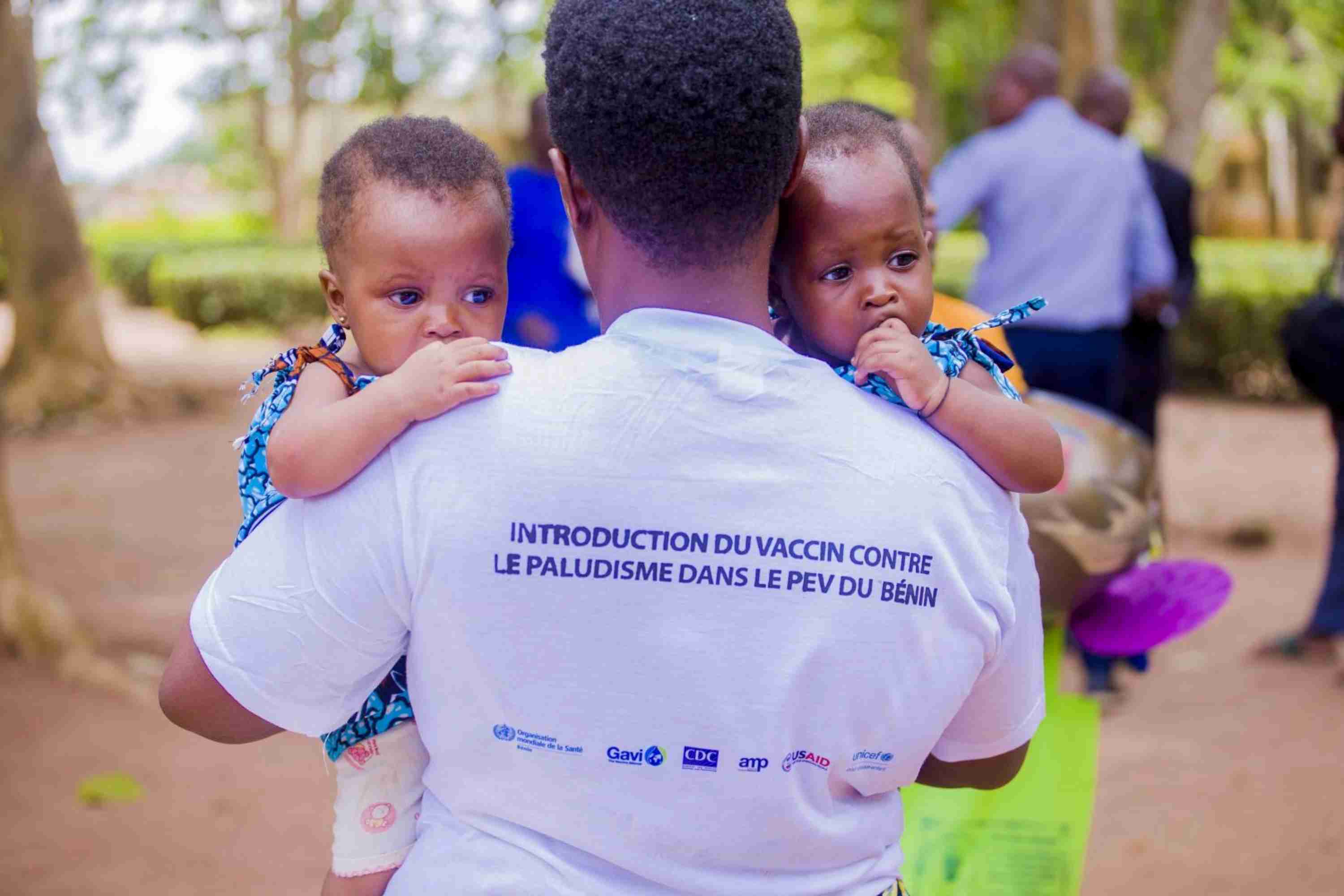
In April this year, Benin’s streets echoed with the calls of town criers, announcing the launch of the malaria vaccination campaign for children under five. The message from the Ministry of Health message was clear: families needed to bring their young ones to health centres to be vaccinated against this deadly disease.
Aissi Caroline, the mother of nine-month-old twins, didn’t hesitate. “When I heard the town criers, I decided to go to the health centre and get my daughters vaccinated. I knew my husband was sceptical of vaccines, but he agreed after the priest spoke about the importance of the malaria vaccine during mass,” she explained.
This level of enthusiasm has been observed across the country, a sharp, and welcome, contrast to the wary reception that met the COVID-19 vaccine. In April, Benin made the RTS,S vaccine available to young children through its Expanded Programme on Immunization (EPI) for the first time. Experts have hailed the move as a critical step forward in addressing the disease, which remains a major public health challenge.
A sense of urgency
In 2023, the statistics were alarming: 17% of adults and 39% of children under five had been affected by malaria, with a mortality rate of approximately 106 deaths per 100,000 children.
Faced with this crisis, Benin – along with Liberia and Sierra Leone – adopted the new vaccine, following in the footsteps of countries including Burkina Faso and Cameroon. The country aims to contribute to the World Health Organization's (WHO’s) goal of reducing the global malaria burden by 90% by 2030.
“When I heard the town criers, I decided to go to the health centre and get my daughters vaccinated. I knew my husband was sceptical of vaccines, but he agreed after the priest spoke about the importance of the malaria vaccine during mass.”
- Aissi Caroline, mother of nine-month-old twins
“This vaccine is safe and protects against severe malaria. Its introduction does not replace other preventive measures,” said Health Minister Benjamin Hounkpatin during the campaign's launch. The vaccine complements existing methods like insecticide-treated mosquito nets, preventive treatments for pregnant women and environmental sanitation efforts.
Three months into the campaign, health centres in the pilot regions are seeing promising results. Dr Farid Mama, a physician at a health centre in Allada, is encouraged by the drop in malaria cases among children. “During the holidays, I usually see a lot of infants with malaria. This year, I was glad to see it was mostly adults being affected. Not that I wish them harm, but it’s heartbreaking to see children die from this disease,” he noted.
For many parents, the importance of vaccination is clear. Alicia Gnavo, typically sceptical about vaccines, made sure her child was vaccinated too. “I was at the market when my tomato seller told me the vaccination had started. I didn’t even go home first – I ran straight to the health centre. I’m glad I did my duty,” she shared.
Parents have become key messengers, spreading the word about the vaccine. For example, Mathilde Ganlonon uses workers' meetings in her community to raise awareness. “Any way we can fight malaria is worth it,” she said with determination.
Team effort
Landry Kaucley, director of vaccination and logistics at Benin's Primary Health Care Agency, praised the widespread enthusiasm: “We’re thrilled that the Ministry’s call, along with our partners', has been heard. The number of children vaccinated has even exceeded our projections.”
Dr Cyriaque Affoukou from the National Malaria Control Program (PNLP) also highlighted the commitment from families. “We were part of all the technical meetings that led to the vaccine's roll-out, and it’s great to see how seriously parents are taking their responsibility to bring their children to the health centres.”
Benin’s success in protecting children against malaria today is thanks to the combined efforts of the government and partners like Gavi, the Vaccine Alliance. Dr Alain Komi Ahawo, Gavi’s country manager for Benin, explained: “Benin is one of the countries receiving Gavi’s support. We’re not only funding the vaccine but also covering the logistics – from cold storage to transporting doses to remote northern regions.”
“We’re thrilled that the Ministry’s call, along with our partners', has been heard. The number of children vaccinated has even exceeded our projections.”
- Landry Kaucley, Benin Primary Health Care Agency
By incorporating the malaria vaccine into its EPI, Benin hopes to follow the lead of Ghana, Kenya, and Malawi, which have vaccinated around 2 million children, reducing both paediatric hospitalisations and child mortality.
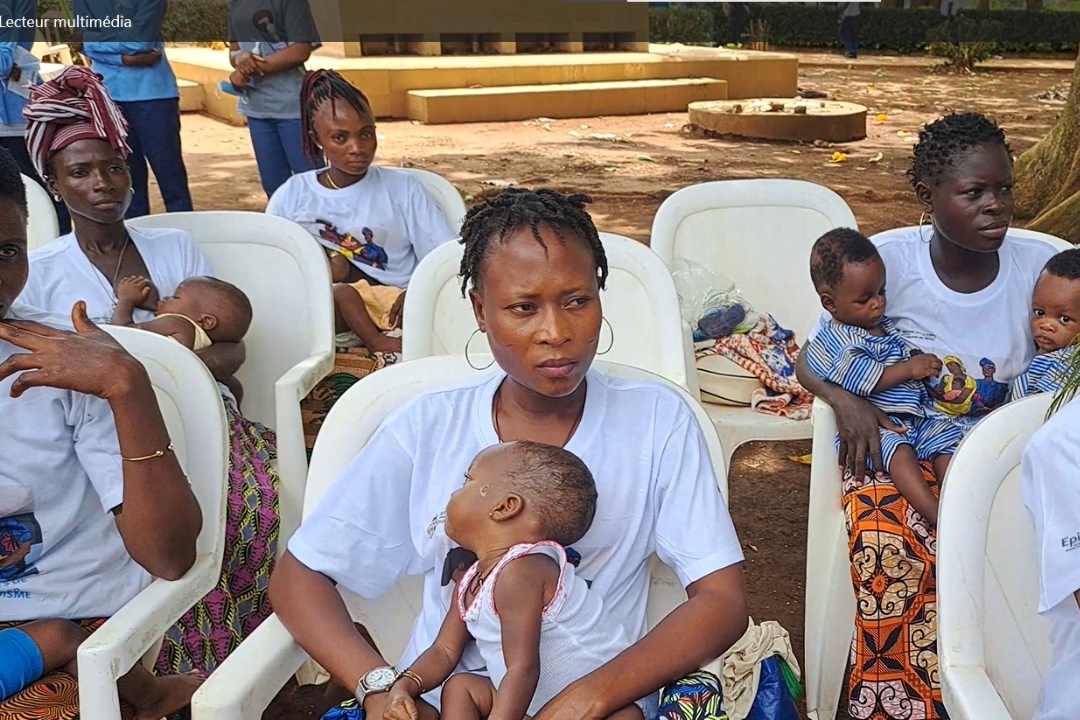
Credit: Edna Fleure
Big expectations
The people of Benin, enthusiastic about this progress, are now urging the government to ensure the vaccine becomes available for everyone, including adults. “Malaria kills faster than many other diseases. It would be great if this vaccine were available to everyone,” one citizen remarked.
However, authorities emphasise that the vaccine should not replace other preventive measures. Health Minister Hounkpatin reiterated that “malaria, a preventable and curable disease, remains a major public health issue because of its high morbidity and mortality.”
Have you read?
To meet the WHO’s goal of eradicating malaria by 2030, Benin is pursuing a comprehensive strategy. This includes continued use of insecticide-treated nets, seasonal malaria chemoprevention for children under five and preventive treatments for pregnant women. In addition, initiatives like improved sanitation, particularly the asphalting of roads, aim to reduce mosquito breeding sites.
Benin’s commitment to combating malaria rests on a combined approach of prevention, treatment and now, vaccination. With these measures, the country hopes to see malaria eradicated by 2030.
This story was translated from the French. Read the original in the French language edition of VaccinesWork.

